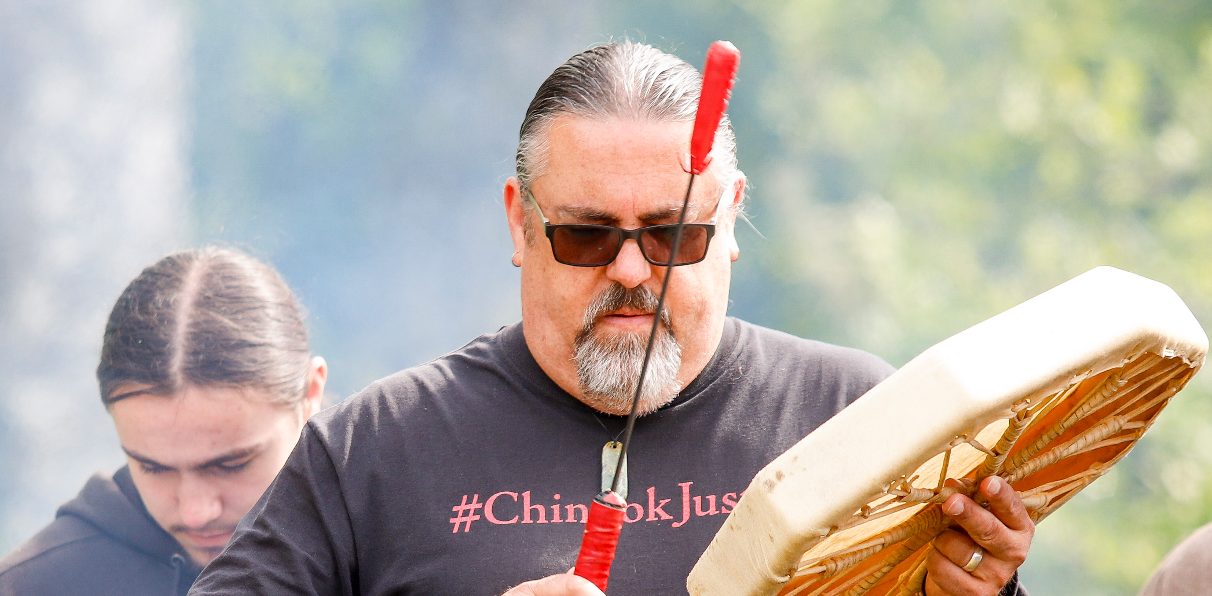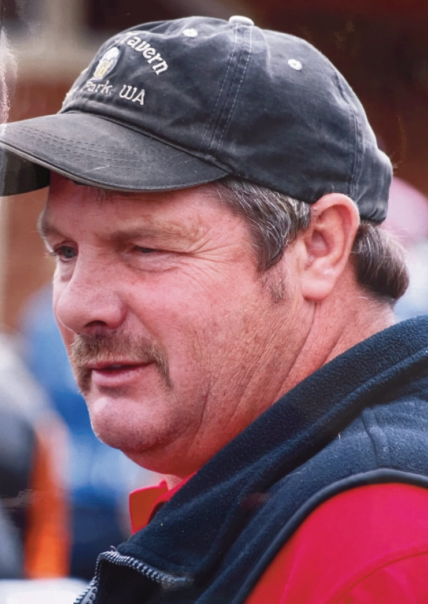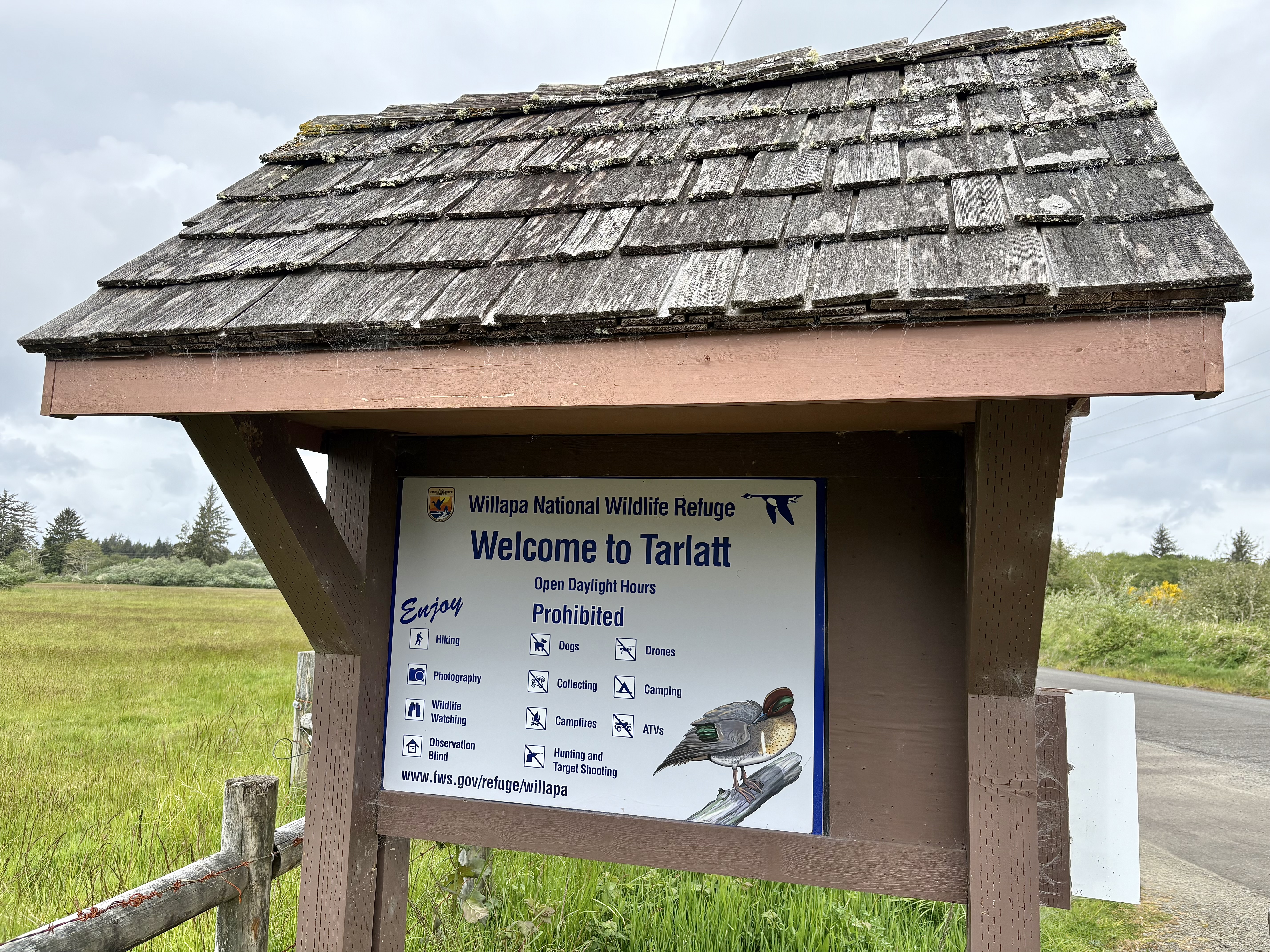Fish & Feathers: Mako sharks in our backyard
Published 12:15 pm Tuesday, July 26, 2016

- This set of mako jaws was taken in Mexico. Notice the jagged teeth of the fish.
Mako sharks pretty much inhabit most of the oceans of the world, meaning that they live in our own backyard, off the Washington coast. To me, they are the most romantic of the shark species, owing to their traits and abilities. Much more than a great white, they exude a sense of sleekness relating to speed.
Trending
The are the fastest of all sharks, being able to accelerate up to 70 mph when chasing prey, they have a very mean look about them when their mouths are closed. That fierce appearance is brought about by having lower teeth that are large, pointed and protruding their heads. They are shaped like a bullet.
Mako sharks are prized by the sporting community because of their fantastic acrobatic jumping ability. There are both short-fin and long-fin mako. The short-fin mako is the fastest. It leaps out of the water to catch prey, and sometimes just for no reason at all. Amazingly, it can leap more than 30 feet out of the water.
The short-fin mako shark holds the world record for fastest long distance traveled — 1,300 miles in just 37 days.
Trending
While they don’t eat people or large animals, they don’t like people in their environment. Many people don’t think the mako is anything to worry about because of their small size, but that isn’t true. It has a unique nose that has a pointed tip like a cone. They are large sharks in reference to their weight — 1,000 pounds and are 6 to 9 feet long.
Makos can also cause great danger to humans. In the past 30 years, 40 attacks on humans have been reported. Makos are in the family of mackerel sharks. Great whites are cousins to salmon sharks, of which Willapa Bay is a rookery.
Contributors of information for this article include Shark World and Salmon University.
Salmon fishing off Ilwaco remains lukewarm for both coho and Chinook, although some nice sized coho have been caught, the hottest fishing remains tuna, with boatloads being caught and stacking up the docks at Jessie’s.
WDFW rule change: As of Saturday, July 23, anglers will be allowed to keep two Chinook salmon but must release all coho.
Ron Malast can be reached at 665-3573 or raiders7777@centurylink.net









